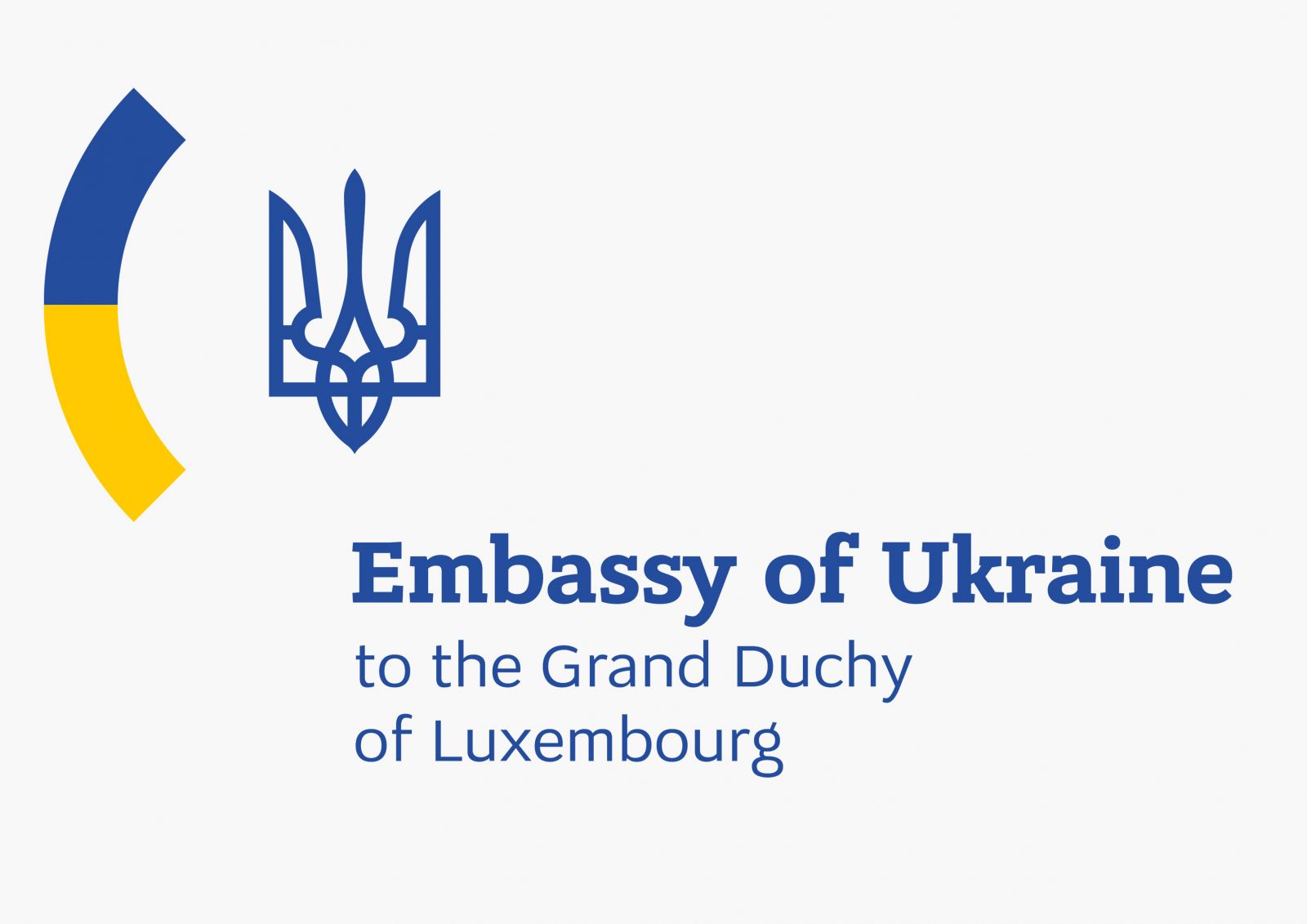


DOKLeipzig Awards 2023
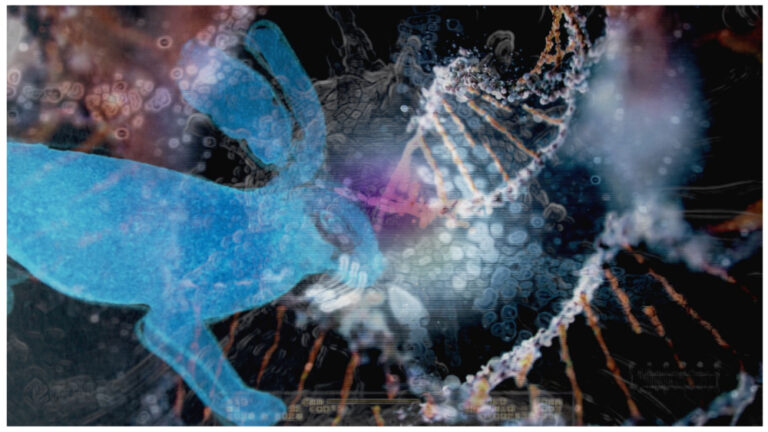
Last night the DOKLeipzig awards were distributed – and there were many. The festival has always been good at finding sponsors for the awards to their sections of long, short and animations films. Here is a copy paste of the press release:
The seven Golden Doves and two Silver Doves of the 66th edition of DOK Leipzig were awarded at the Schaubühne Lindenfels in Leipzig on Saturday.
In the International Competition Documentary Film, the Golden Dove Feature-Length Film went to Peter Mettler, to whom this year’s homage was dedicated, for “While the Green Grass Grows” (Photo). This cinematic diary draws upon the Swiss-Canadian filmmaker’s own memories and family relationships as it looks at life cycles and the way the world is constantly changing. “An unpredictable film whose quality of observation makes the viewer see everyday events, places and objects in a poetic new light” is how the jury described it. The 10,000-euro Golden Dove is sponsored by Mitteldeutscher Rundfunk. The award was presented by MDR commission editor for documentaries Thomas Beyer.
The Golden Dove Short Film, which includes 3,000 euros in prize money, was presented to Bo Wang for “An Asian Ghost Story” (Netherlands, Hong Kong), a search for traces based on the 1965 US embargo against “communist” real hair wigs from Asia. The jury called it “a smart, hip, funny amalgam of fact and fiction made with exceptional craft”.
The films that have earned Golden Doves in the International Competition Documentary Film qualify for nomination for the annual Academy Awards®, provided they meet the Academy’s standards.
The Silver Dove Feature-Length Film, sponsored by 3sat, for the best feature-length documentary by an up-and-coming director, was awarded to Hovhannes Ishkhanyan for the Armenian-French production “Beauty and the Lawyer”. The jury praised it as “a film that builds an intimate relationship with its characters who generously let us into their lives as they invent a new path to deal with a homophobic world”. Johannes Dicke, head of programming at 3sat, presented the filmmaker with the 6,000-euro award.
The Silver Dove Short Film, which includes 1,500 euros for the best short documentary by an up-and-coming director, sponsored by the Sächsische Landesanstalt für privaten Rundfunk und neue Medien (Saxon State Agency for Commercial Broadcasting and New Media, SLM), went to “30 Kilometres per Second” by Jani Peltonen (Finland). The jury described it as “a film which, by using the montage as its main strategy, unveils potentialities for this cinematic direction.” The award was presented by Katja Röckel from the SLM’s Media Council.
The winners of the International Competition Documentary Film were selected by Jennifer Fox, Radu Jude, Marie-Pierre Macia, Steven Markovitz and Rima Mismar.
In the International Competition Animated Film, the newly created Golden Dove Feature-Length Film, endowed with 3,000 euros, went to Xu Jingwei for “No Changes Have Taken in Our Life” (China), the story of a musician who tries in vain to find work after graduating from university. The jury called it “a courageous and challenging film that is as specific as it is universal, and as critical as it is witty, tackling the uncomfortable subject of dreariness and a lack of perspective”.
The Golden Dove Short Film in conjunction with 1,500 euros, sponsored by the Deutsches Institut für Animationsfilm e. V., was awarded to Barbara Rupik for “Such Miracles Do Happen” (Poland). In its statement, the jury said: “The film uses outstanding technique of a kind of liquid stop-motion animation, which is also irreplaceable and deeply connected to its theme.” Dr Volker Petzold (chairman of DIAF) addressed the audience at the award ceremony.
The film that earns the Golden Dove Short Film qualifies for nomination for the annual Academy Awards®, provided it meets the Academy’s standards.
Jury members Pavel Horáček, Anne Isensee and Irina Rubina also awarded a Special Mention to Tomek Popakul and Kasumi Ozeki for the animated Polish short film “Zima”.
In the German Competition Documentary Film, the Golden Dove Feature-Length Film went to “One Hundred Four” by Jonathan Schörnig, a real-time documentation of a rescue at sea on the Mediterranean. “The film team and the crew of the rescue ship show us clearly what it means when we look the other way every day. But they also show that help is possible and needed,” the jury emphasised. This 10,000-euro award is sponsored by Doris Apell-Kölmel and Michael Kölmel.
The Golden Dove Short Film, in conjunction with 1,500 euros, was awarded to Franzis Kabisch for “getty abortions” (Germany, Austria), a desktop video essay that explores how media illustrate the topic of abortion. “Our award-winning film finds a convincing contemporary form to address an ancient and at the same time highly topical issue,” said the jury comprised of Birgit Kohler, Claus Löser and Serpil Turhan.
This year’s winner of the Golden Dove in the Audience Competition was selected by jury members Billie Bauermeister, Fritz Czaplinski, Anna Eulitz, Charlotte Hennrich and Annegret Weiß. They honoured Asmae El Moudir for her documentary film “The Mother of All Lies” (Morocco, Egypt, Saudi Arabia, Qatar). In her search for memories of her childhood, the filmmaker recreates her neighbourhood in Casablanca as an elaborate miniature and in the process comes across a trauma of Moroccan history. “With great fervour and love of detail, a surprising work emerges that dissolves the boundaries between fantasy and reality,” extolled the jury. This 3,000-euro award is sponsored in part by the Leipziger Gesellschaft zur Förderung der Filmkunst e. V.
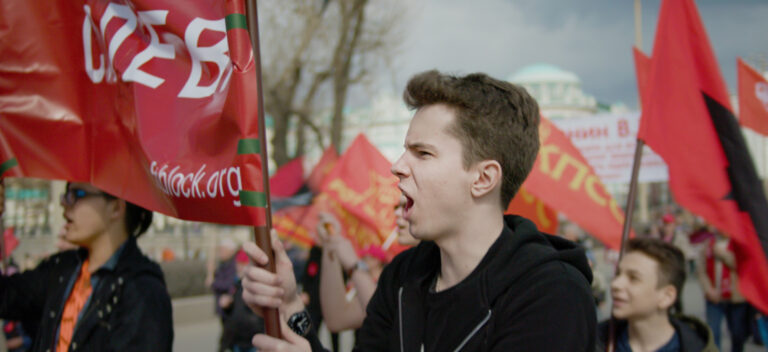
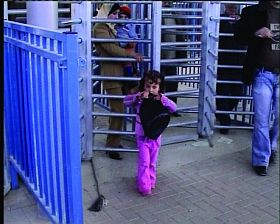
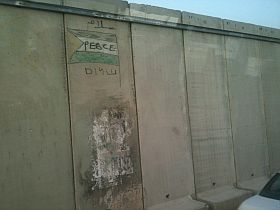
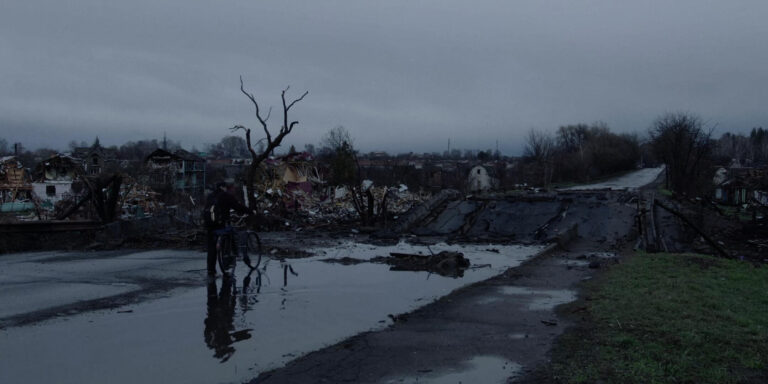
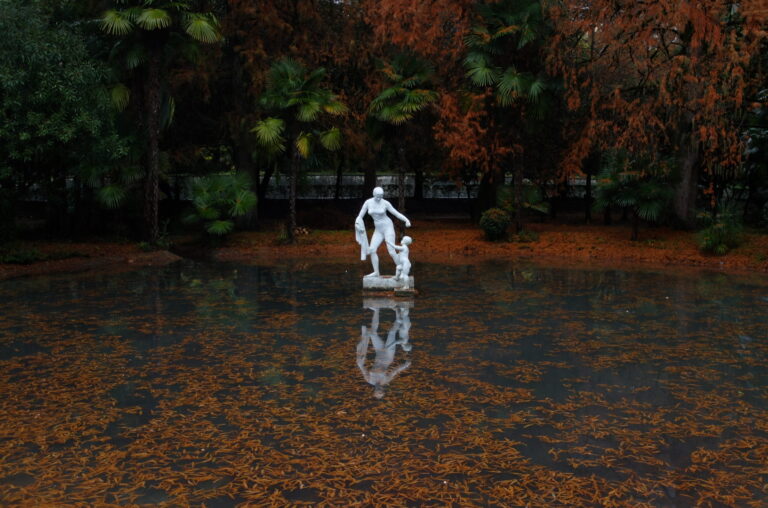
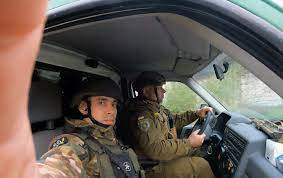
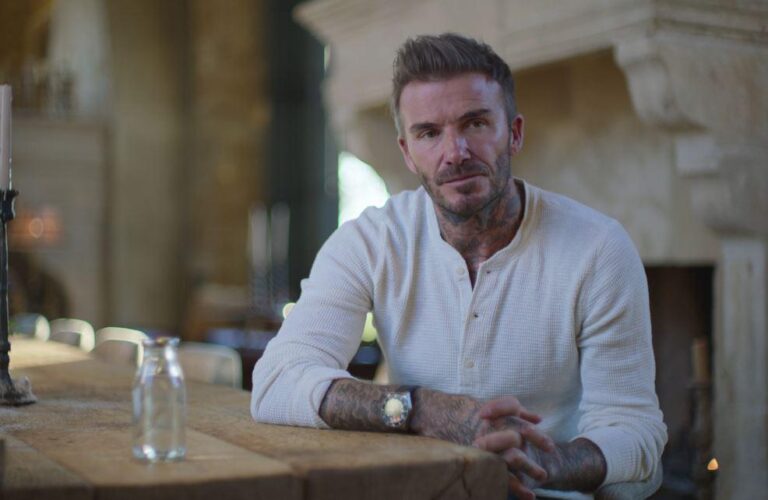
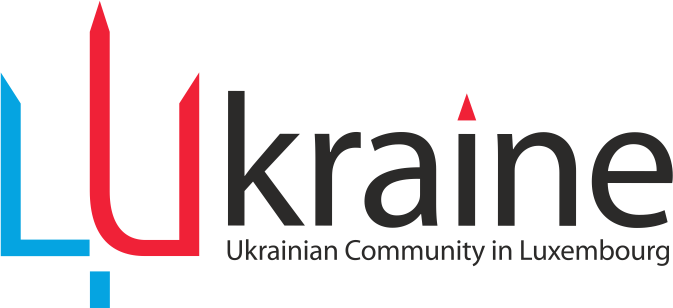 and
and 